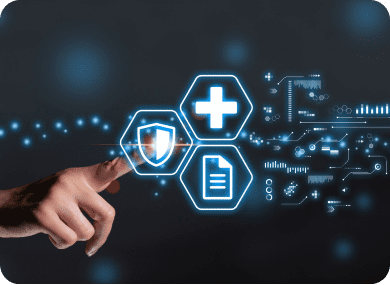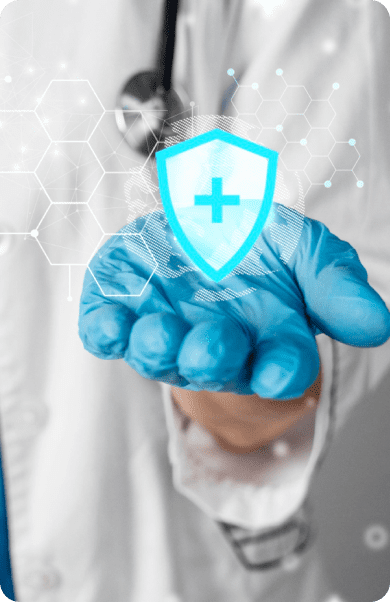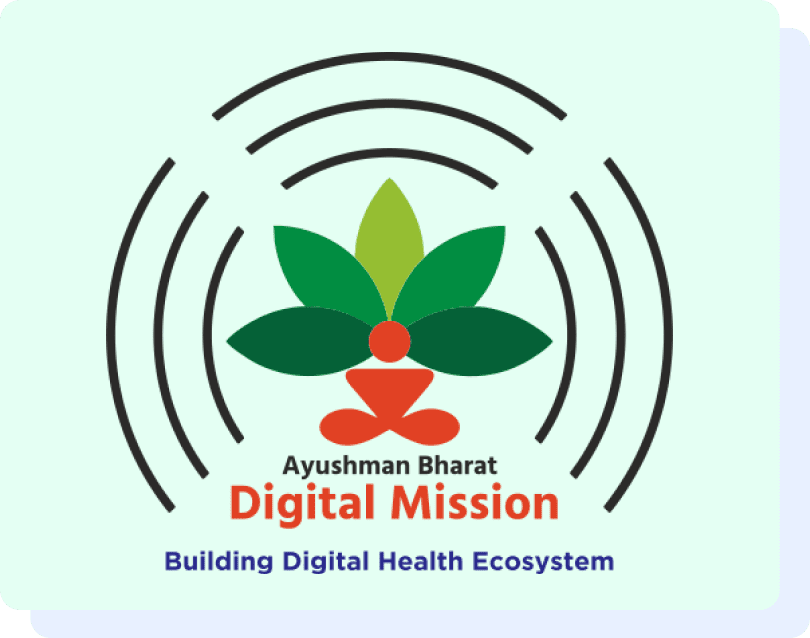Our Work
Torus Health
Torus Health is an integrated healthcare platform to compare and buy medicines online.
- Web
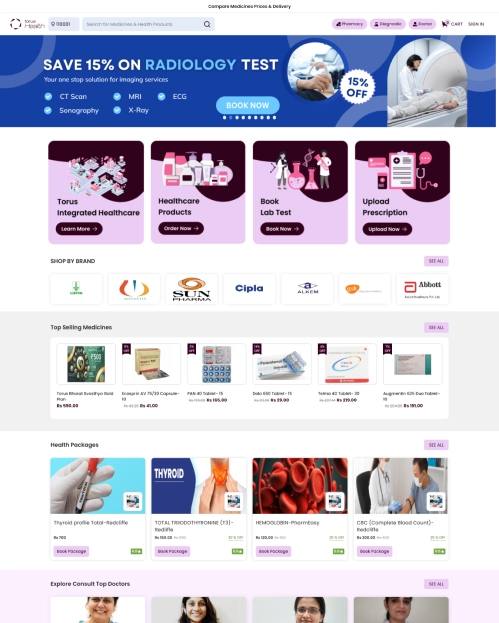
Latest News
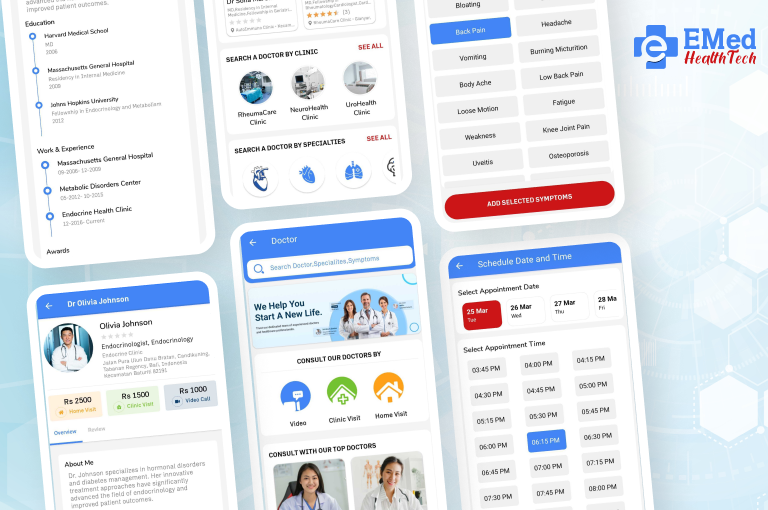
Telemedicine
How to Choose the Best Telemedicine App Development Company in the U.S.
Introduction The demand for telemedicine apps in the U.S. is at an all-time high, with healthcare providers rapidly adopting digital solutions to offer remote consultations and improve patient care. Choosing the right telemedicine app development company in the U.S. is crucial for ensuring seamless functionality, compliance with healthcare regulations, and a superior user experience. In […]
Read more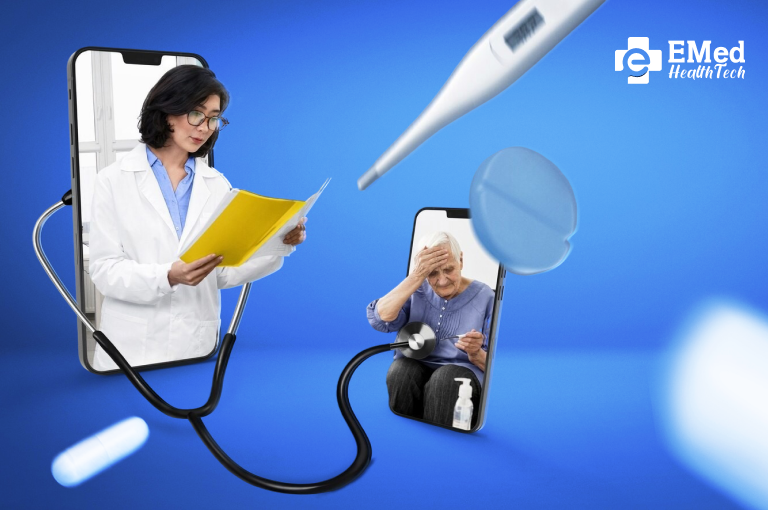
Telemedicine Software
Telemedicine Apps: Connecting Patients and Doctors Anytime, Anywhere
The delivery of healthcare services has changed as a result of the quick development of digital health technology. Its growth has revolutionized patient care by creating a bridge between healthcare providers and patients, and it has enabled the delivery of consultation, diagnosis, and treatment without being physically present.
Read more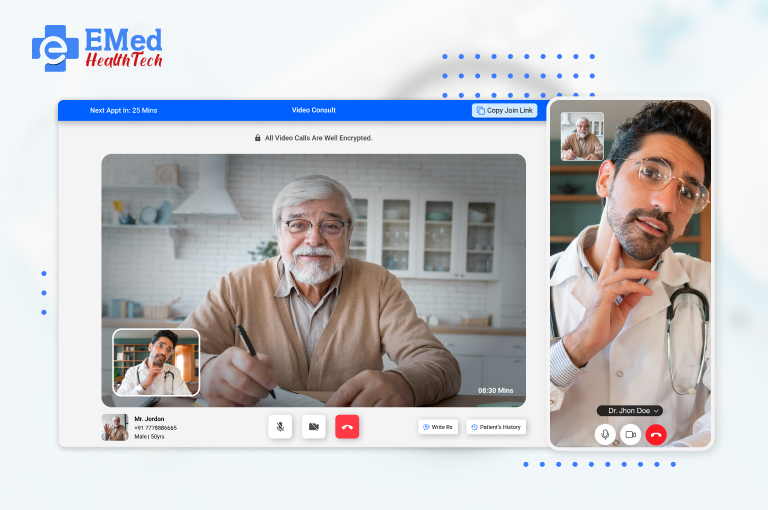
Telemedicine Software
How to Select the Best Telemedicine Platform for Your Practice?
Telemedicine has revolutionized healthcare by making remote meetings more open and productive. As more healthcare providers embrace virtual care, choosing a telemedicine platform becomes basic to guarantee consistent communication, administrative compliance, and improved patient experience.
Read more















